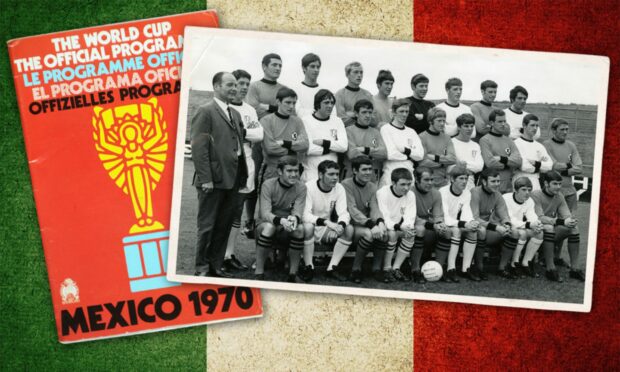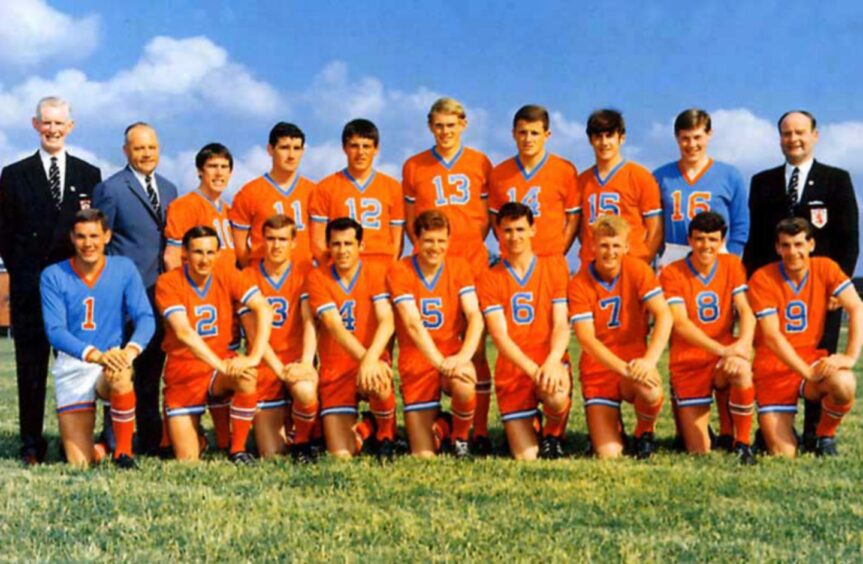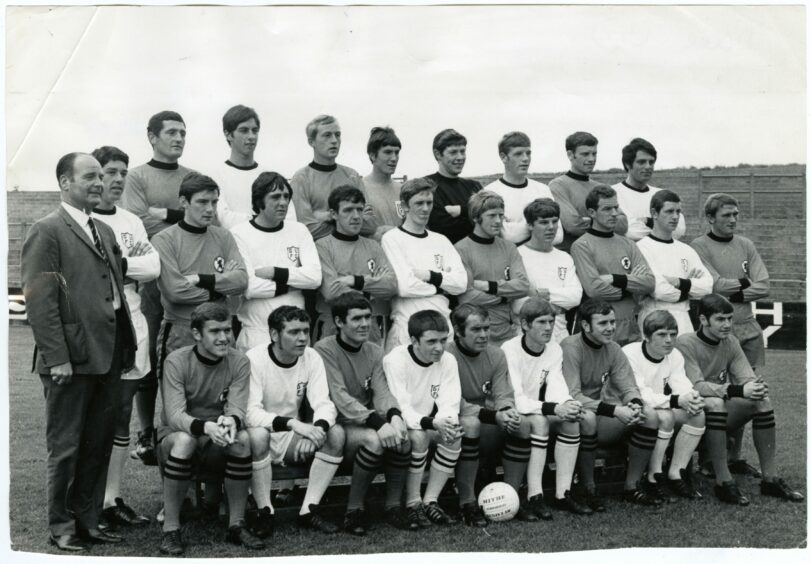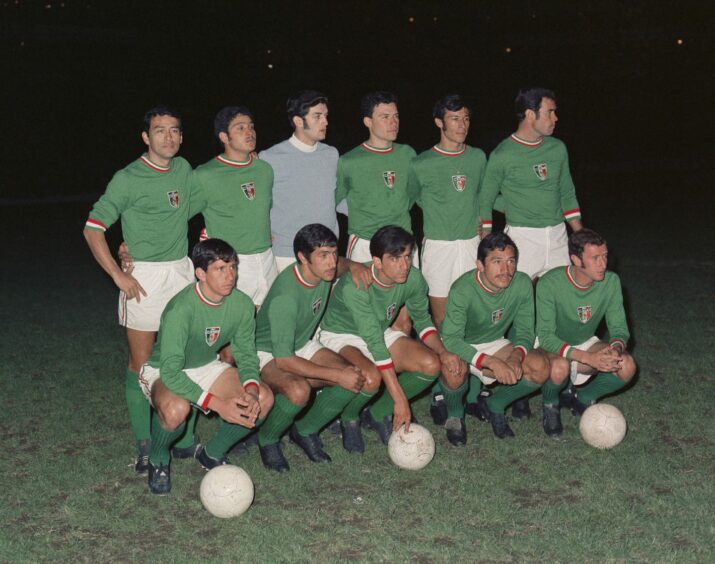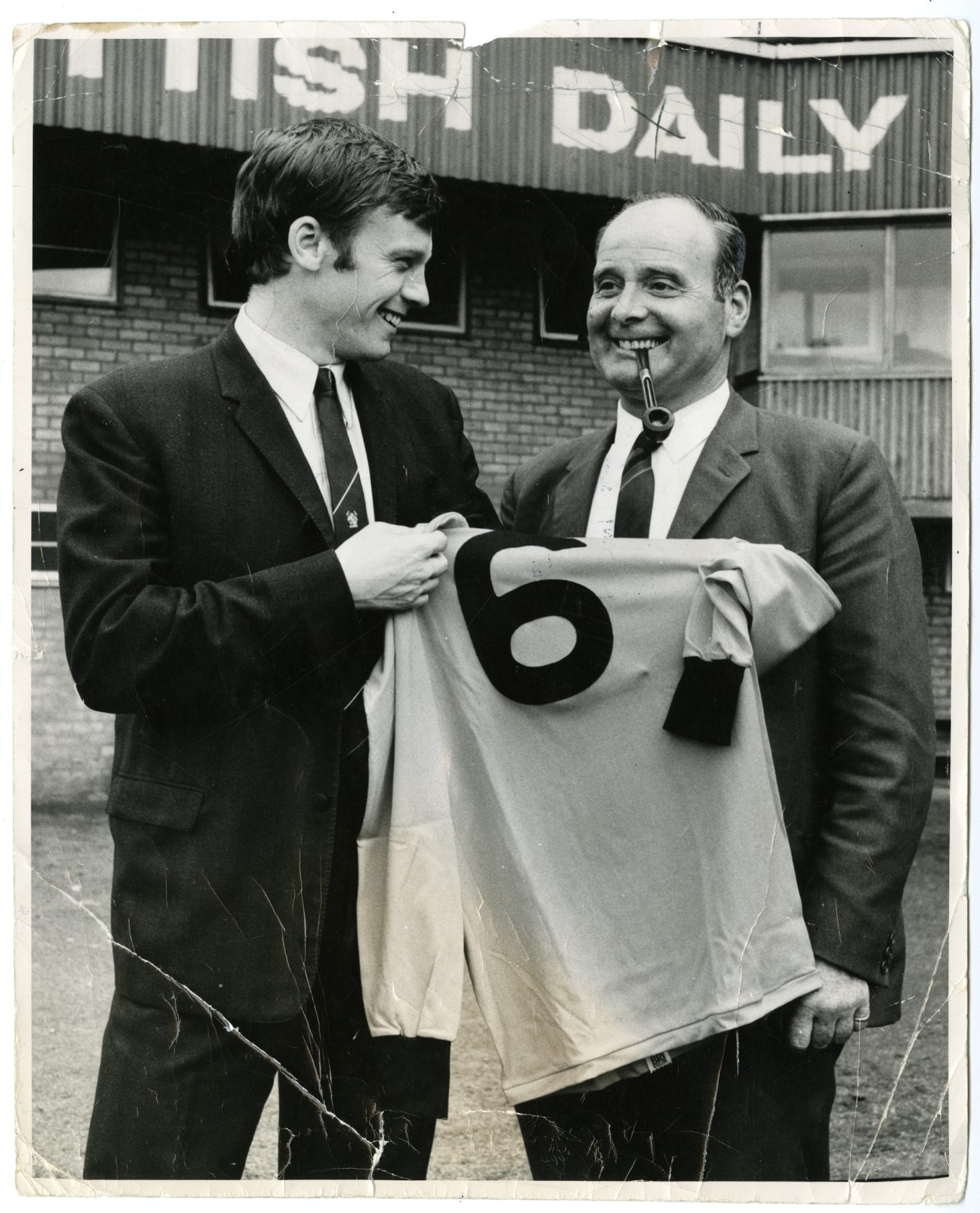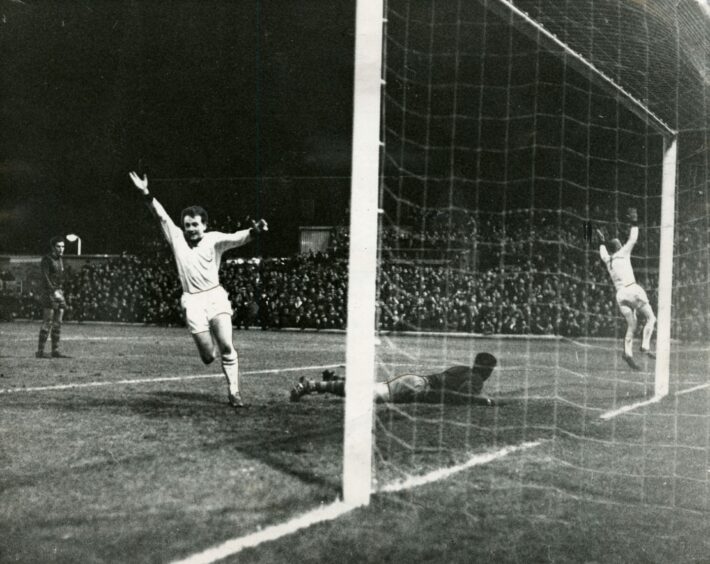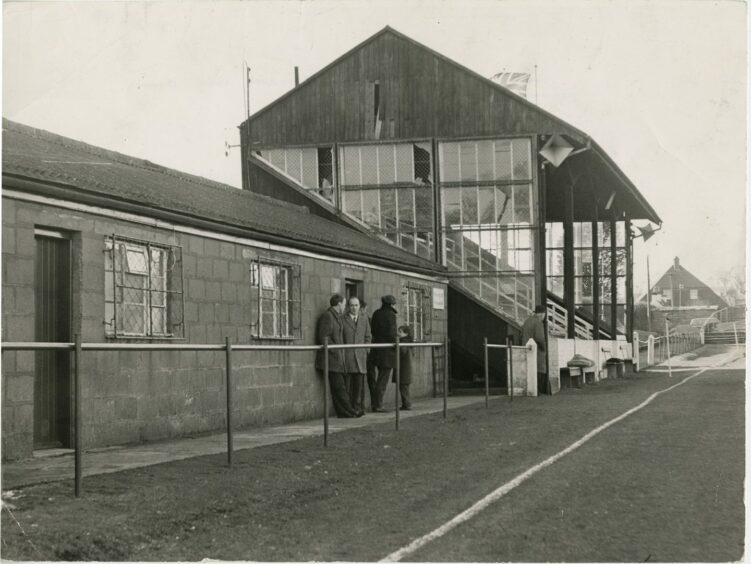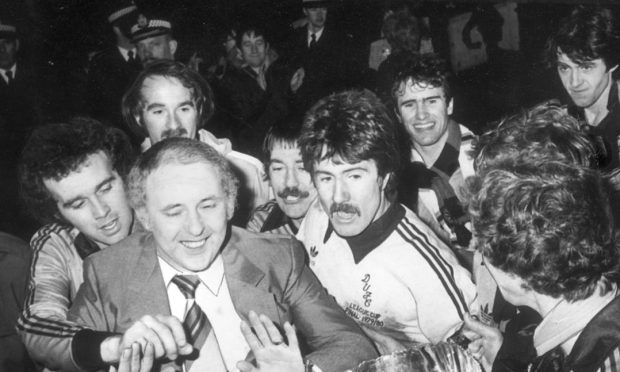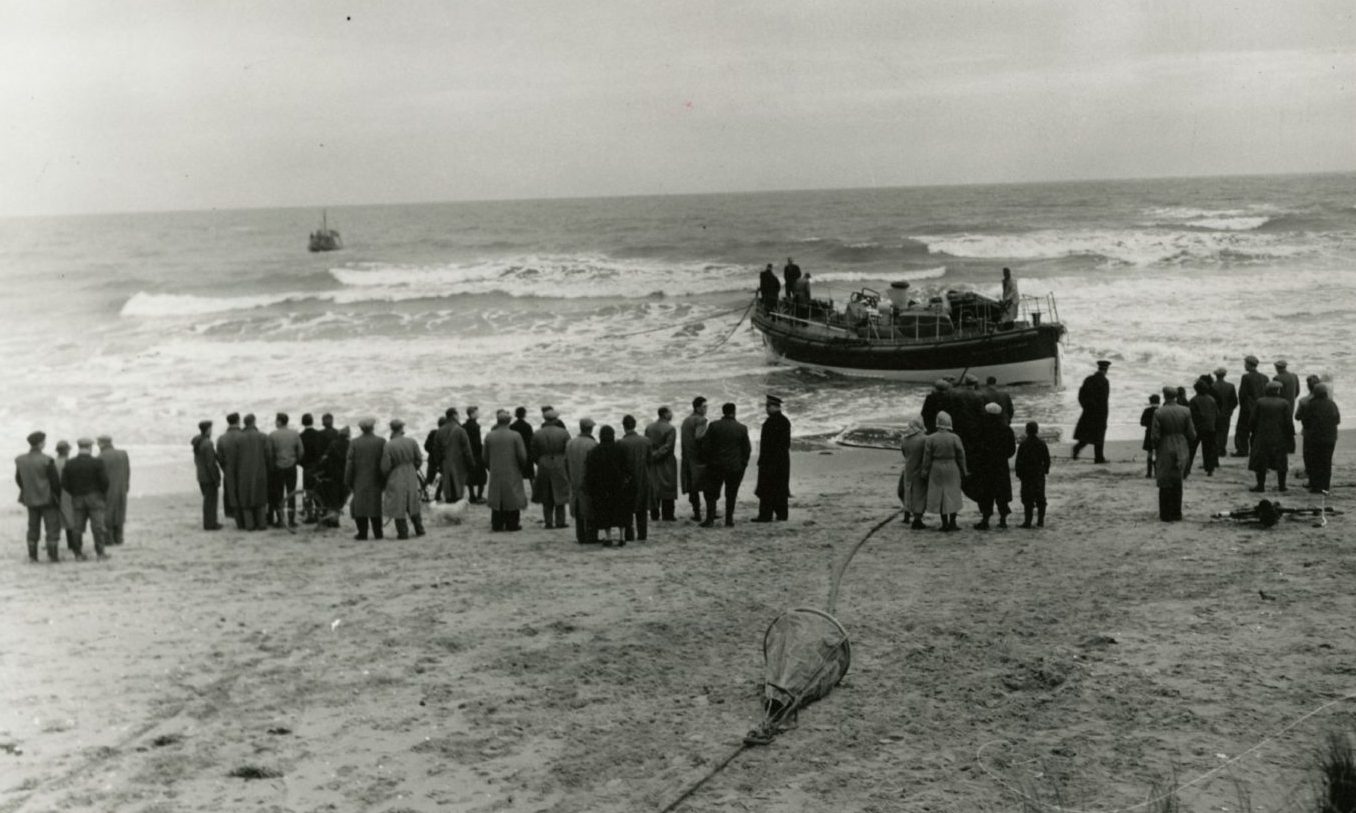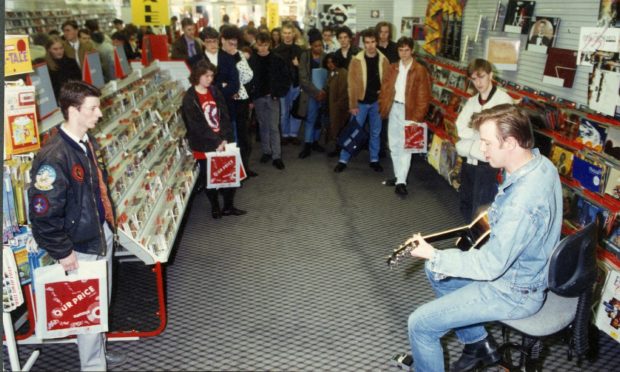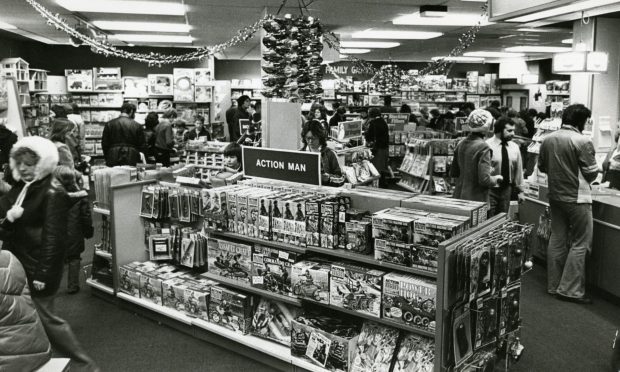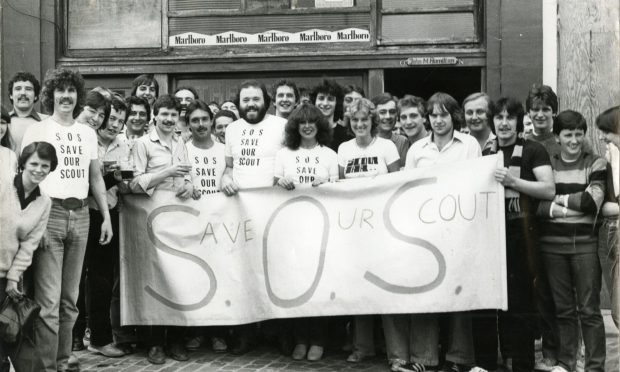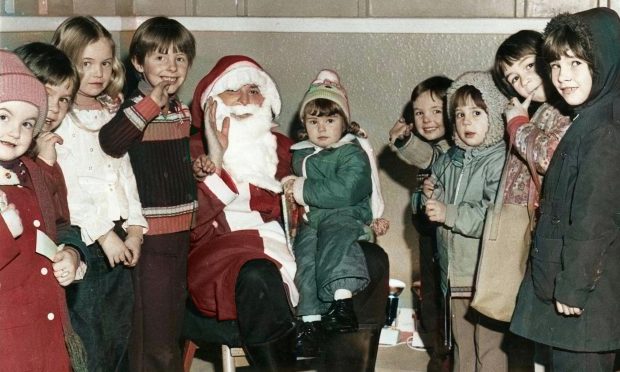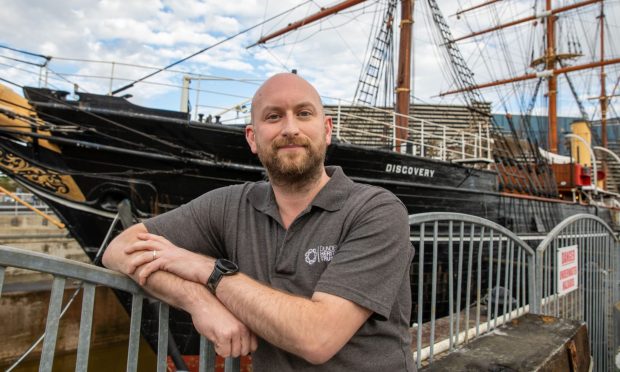If you want an indication of how much football has changed in the last 50 years, it’s instructive to look at Dundee United’s woes after they travelled to Mexico in the build-up to the 1970 World Cup.
In those days, the cloak-and-dagger nature of the overseas foray more resembled a spy novel than a sporting contest and there was no minute-by-minute coverage or post-match interviews with the participants.
Instead, after the Tannadice squad had flown across the Atlantic for what was billed as a friendly with a “Mexico XI” – but was, in fact, the country’s national team – they found themselves walking into a stadium on May 13 in front of 75,000 fans who were expecting nothing less than 100% from their heroes.
United’s finest had been abroad before and participated, alongside Aberdeen and Hibs, in a high-profile club tournament in the United States in 1967.
But this was something else altogether. And it’s fair to say the Scots found their ordeal as tough as tackling a dodgy enchilada when the match began.
The Scottish press certainly smelled a rat when they covered the meeting between the sides, which ended in a 6-0 demolition of the visitors, who had barely arrived in the city before being pitched into the fray.
They had no time to properly prepare and, although they had accepted the mission under the impression they were tackling club opponents, the Mexicans had torn up the script by the time United touched down.
In the circumstances, it was hardly surprising they wanted to arrange warm-up fixtures before staging the planet’s premier football competition.
But there was still a sense of United being left bothered and bewildered at every stage.
The Evening Telegraph said: “It was not made clear how many World Cup men turned out for opponents originally labelled as the club side Leon.
“But goalkeeper Ignacio Calderon was certainly there. And Javier Fragoso, one of the scorers, is a member of the squad. So the SFA may wish to know a bit more about this fixture which seems to be ‘against the rules’.
“Cabling (another throwback to another age) from the Olympic stadium after the game, our correspondent said: “Bottled up in their own half throughout the game, the Scots were three goals down at half-time (and 2-0 behind after eight minutes) and resorted to ‘freezing the ball’ during the second period.’
This didn’t involve a refrigerator, by the way. It was a ploy whereby the beleaguered team slowed down the action, passed to one another without any attempt to move forward, and kept sending the ball back to their goalkeeper.
It was a negative strategy which provoked a mass chorus of boos and snorts of derision from the fans, packed into the auditorium.
But, ultimately, it was damage limitation which turned out to be pretty limited itself.
The Courier reported: “Two other Mexican ‘goals’ were ruled out by the officials as Doug Smith and his defence successfully employed the offside trap, which the home forwards walked into on numerous occasions.
“And then, just to round off a bad evening for the tourists, who didn’t create any chances of their own, United, probably affected by the ‘thin air’ conditions (now known as playing at altitude) conceded a further late goal after Fragoso’s pass was deflected into his own net by Andy Rolland.”
It had been an evening to forget, even if it’s difficult to imagine the winners could have learned much from the proceedings.
After all, they were on their own territory, well-drilled and in a camp together, against opponents who had been given no time to acclimatise to the heat, let alone check on their rivals.
Dundee United dust themselves down in Mexico heat
It was a chastening experience for United and their redoubtable manger, Jerry Kerr, who had achieved so much in the previous decade at Tannadice including a famous victory over Barcelona in the Fairs Cup.
But, while he knew the scale of the task when his charges were asked to face another ‘Mexico XI’ just a few days later, he wasted no time in ensuring there would be no repeat performance.
Kerr, a beetle-browed individual with an ex-player’s knowledge of what instinctively made people tick, was among the most famous pipe smokers of the 1960s in a list headed by the Labour Prime Minister Harold Wilson.
And he sat down with his colleagues to try and devise ways of snuffing out the Mexican menace before the combatants squared up again.
If it was what Sherlock Holmes might have described as a three-pipe problem, Kerr was no slouch when it came to thinking on his feet.
He recognised that United had been off the pace in the first encounter and instructed them to press the Mexicans much harder in the second game.
Once again, everything was stacked against them – and the hosts even switched the venue from Toluca “where they had received angry abuse from their supporters after losing to Borussia Dortmund” – which meant a return to the imposing national stadium that, less than a couple of months later, was the setting for Brazil to lift the World Cup after thrashing Italy 4-1.
However, there was no rout when United met Mexico again on May 17.
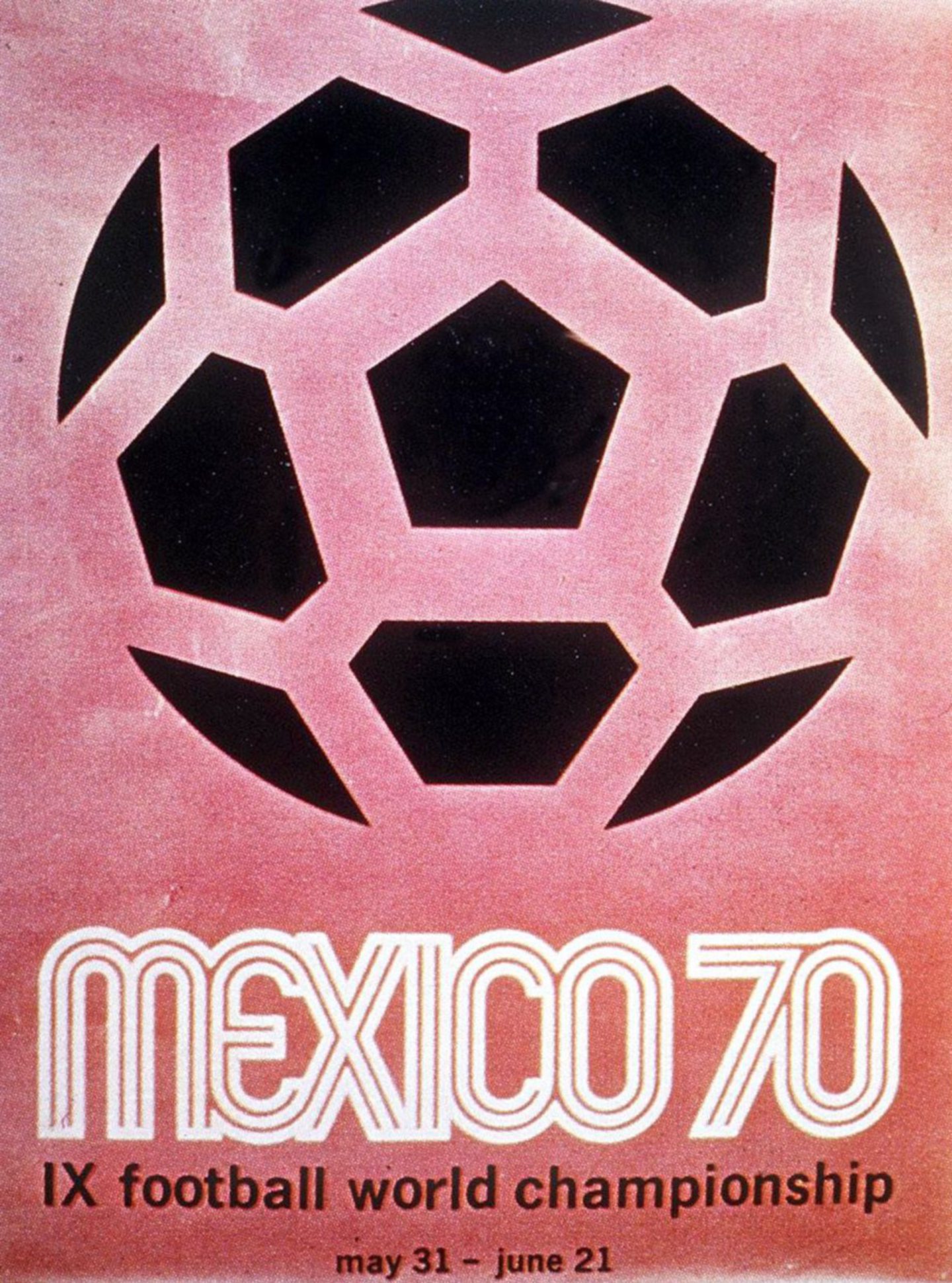
On the contrary, despite another 75,000 in attendance as anticipation mounted for the World Cup, Kerr’s personnel were by no means disgraced and, if they had taken their opportunities, might have fared even better.
Let’s not forget that they were the only Scots who were parading their talent in Mexico.
The national side had failed to qualify for the tournament and, although they rectified that by reaching the next five global events, the Tannadice team were effectively representing their country.
Once again, information was scarce – and it trickled out in a manner that seems laughable nowadays – but the home side managed just a brace of goals and were let off the hook when Ian Mitchell missed a penalty.
Still, the 2-0 reverse was nothing to be ashamed about and Kerr responded: “We showed a lot of character, which the result doesn’t truly show.”
Mitchell’s spot kick may have gone awry, but the Tannadice inside-forward was making a positive impression beyond his homeland.
Indeed, just a few weeks after his sojourn to Mexico, he was hitting the headlines after being signed by Newcastle for £50,000, which the Dundee Courier reported as being “United’s highest-ever transfer fee”.
Sometimes, these moves work and sometimes they don’t and it was the latter for the unfortunate Mitchell, who subsequently described his 16-month stay at St James Park as “sheer hell”.
But he returned to his roots at United and spent another couple of years with the club before joining Brechin City in 1973.
It’s a long way, in every way, from the Azteca stadium in Mexico to Glebe Park.
More like this:
When Dundee United first bombed Barcelona out of Europe
Local hero: Bob Middleton is the only Brechin footballer to win a Scotland cap
When Dundee United were left disappointed after beating Italian giants Juventus
